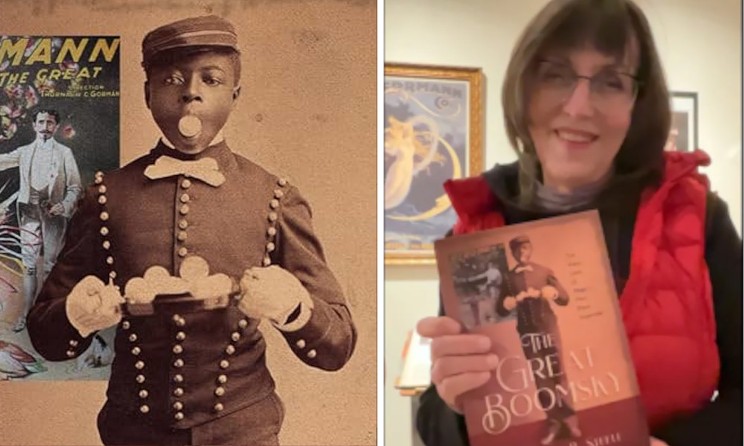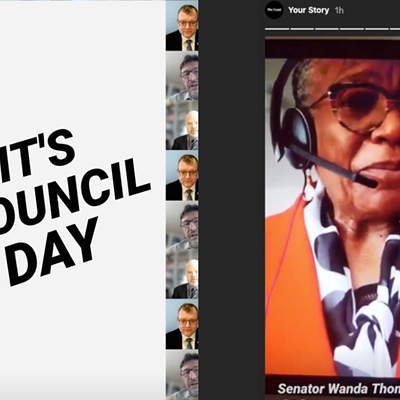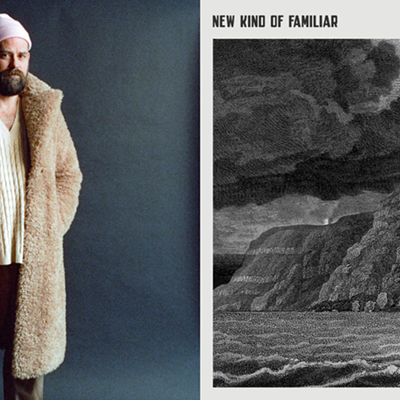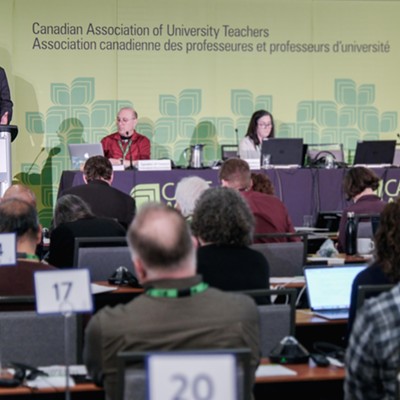There once lived a man in Truro who worked as a red cap at the train station.
While he may have been unassuming to most, if he encountered the right passenger, this man would suddenly become a never-ending box of tricks. He would pull out sleight of hands that would leave some of the best magicians guessing.
This man’s name was Isaac Willis. In a past life, he was known as the Great Boomsky—and as magic historian Margaret Steele puts it in her new book, he was magic’s first Black superstar.
The world may have known the name Boomsky as the assistant of French magician Alexander Herrmann who performed around America as Herrmann the Great, as well as shows from his equally successful wife Adelaide, known as the Queen of Magic.
But before Herrmann was “Herrmann the Great,” he played assistant to his elder brother. While the audience may figure the assistant is just along for the ride, Steele argues it’s much more than that.
“They developed this act between them where the child seemed to be just an innocent assistant, but he was actually vital to the show because he was doing all sorts of magic, helping his older brother,” Steele explains. “But because he was a little kid, no one expected him.”
Once Herrmann’s career took off, he began doing similar acts, except he would take the lead role, and his wife would dress as a young boy and perform alongside him, pulling all kinds of comical tricks.
“In about 1880, he hired his first African American assistant, who was about 11 years old,” said Steele, adding most of his assistants were between 11 and 14 in age.
“Some of them only lasted a brief amount of time, but the ones that were very capable became capable assistants and also performed the same ruse he did with his brother. They seemed like slapstick comic, funsy characters on stage, but they were actually very skilled assistants.”
This would lead a White House messenger called Isaac Willis to take the mantle of the assistant after Herrmann supposedly visited the area.
“I believe that they actually did a tour of the White House and spotted this vivacious young man who [was] very small, very outgoing and personable, and he was on stage that night,” said Steele.
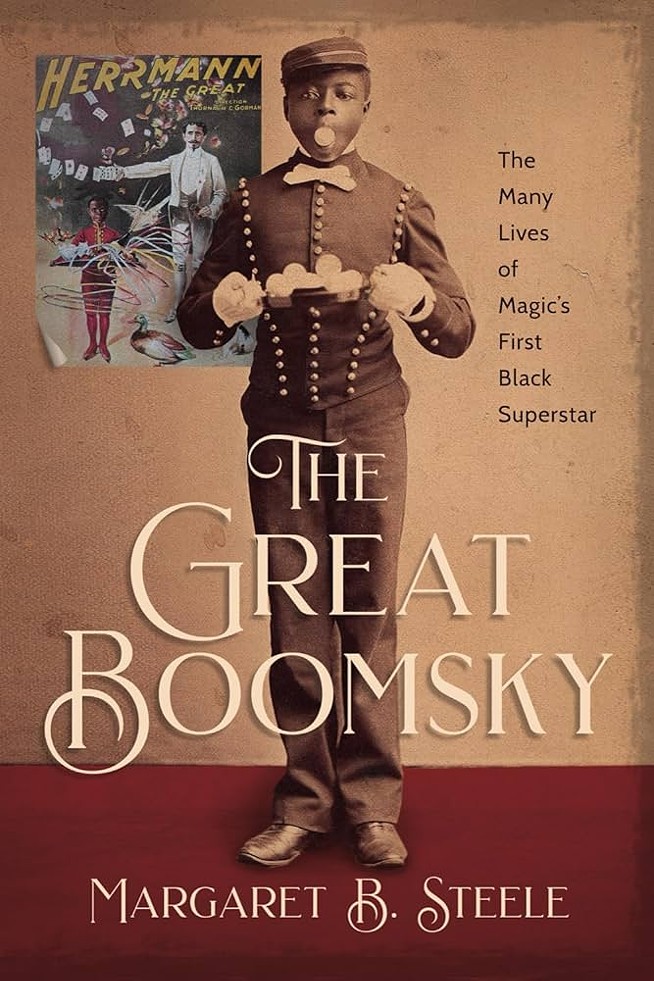
Willis would tour for five years with the Herrmanns, eventually setting out on his own venture under the alias “The Great Boomsky.” However, Steele says Willis would soon after move to Nova Scotia as he fell in love with a woman from there.
“Boomsky played that character who was kind of a slapstick comic fool,” she explains. “What Isaac Willis did was he dignified the character and he made them into a dignified magician. He did not do pratfalls. He did elegant sleight of hand magic and amazing illusions, as well.”
So, as Boomsky settled in Truro with his new family, his magic was relegated to fellow magicians he would meet as they stopped on their travels. He would show off his techniques and occasionally bring them back to his Young Street home to show off his collection of Herrmann memorabilia.
A hidden history
For Steele, the narrative of Boomsky came alongside research she was doing for a book she wrote on Adelaide Herrmann. Once that project concluded, her next research endeavor was right in front of her.
“It was extremely difficult,” she said of researching Boomsky. “Boomsky always appears in magic literature, but he’s always off to the side. He’s never the centre of the action, which in the way it really unfolded, he was right in the middle of everything.”
Part of a lack of knowledge of Boomsky has to do with segregation. After all, this was the early 20th century, and the predominantly White press would often fail to cover anything related to the Black community unless it was “pretty egregious,” says Steele.
When it came to putting Boomsky’s story together, she would have to draw upon his mentions in relation to Herrmann, as well as online resources such as ancestry.com and newspapers.com.
It also involved many visits to libraries and collections, whether it be the New York Public Library, Harvard University, or the personal library of David Copperfield. She also had research from her mentor, the late James Hamilton, who had been the leading Herrmann scholar.
However, what made telling Boomsky’s story possible was the digitization of historic Black newspapers from the day, such as the Indianapolis Freeman, all made available to the public.
“That is where I found half of the information for the book,” says Steele.
It also couldn’t have been possible without her partner Bruce McNab, who managed to track down Willis’ granddaughter, the late Phyllis Marsman.
“We met other relatives, and I found a tremendous amount about him just because I finally had the key.”
It was also important to Steele to consult members of the African Nova Scotian community to ensure the story was being told right. Isaac Willis’ descendants helped out, but so did activist Lynn Jones.
“I just wanted to make sure that I presented the information as accurately and respectfully as I could,” said Steele.
The message of Boomsky’s story, says Steele, is that of opportunity. It was difficult for Black people to get jobs outside of manual labour due to segregation and other forms of institutional racism; however, nine of Herrmann’s assistants went on to have careers of their own, including Willis.
“To me, it just shows you just have to give people the opportunity and they will be able to do amazing things,” said Steele.
Steele’s book, The Great Boomsky: The Many Lives of Magic’s First Black Superstar is available now.

